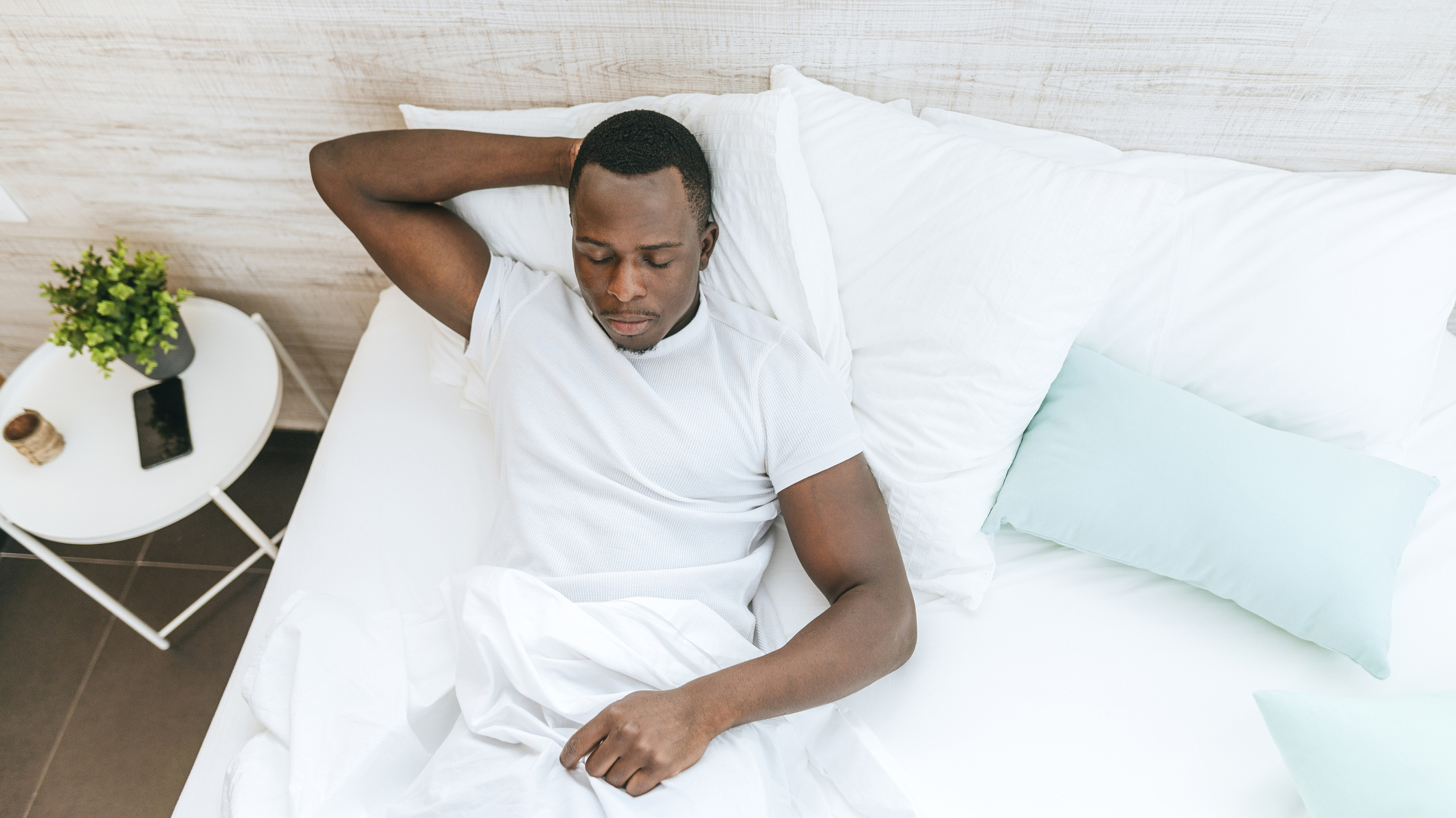
Spring is officially here, but for all the pleasures of the season, it can play havoc with your sleep. One minute you're in a cold snap, the next day you wake up sweating. Blossoming flowers bring cheerful buds, weeping eyes, and sniffly noses. Lighter evenings are lovely but bright mornings rouse you at 6am (and April showers mean some days you hardly see the sun at all at all). How can we stop this changeable season from changing our sleep?
While the best mattress supports your sleep whatever time of year it is, you might need a little help snoozing comfortably throughout the night in spring. I asked sleep expert and CEO of Ethical Bedding James Higgins about the challenges of this transitional season – and what you can do about it.
How to sleep better in changeable weather
Brighter mornings, warm but changeable weather, and allergens can all damage your sleep in spring. Here are some tips for maintaining good sleep hygiene throughout the transitional season.
1. Choose breathable bedding
For many of us, spring means hotter days and warmer evenings. That makes it the perfect time to reassess your bedding situation, suggests James. “Consider switching to lighter bedding materials suitable for spring's milder temperatures to avoid overheating.”

As well as weight, think about materials. As James explains, “moisture-wicking fabrics can help maintain a comfortable sleep environment by drawing away sweat, ensuring you stay dry and comfortable throughout the night."
2. Keep your bedroom a steady temperature
Transitional seasons like spring tend to have changeable weather patterns, but in your bedroom, you want to keep the temperature even. Our core temperature naturally drops in the evening, indicating to the body that it's time to wind down. James recommends keeping your bedroom "cool and conducive to sleep" – that's around 16-19 degrees Celsius, or 60 to 66 degrees Fahrenheit.
3. Defeat allergies by keeping things clean
Many of us have to admire the spring blooms through the weeping eyes and running noses of allergies. A nuisance during the day but a major sleep disruptor at night. The best way to prevent allergies from ruining your sleep is to keep everything clean: that means you, your bedding, and the air.

A shower or bath before bed is not only a calming part of the bedtime routine, but a way to ensure any pollen clinging to you doesn’t get stuck to your bedding. For the same reason, make sure to regularly change your sheets – and spring is a great time to deep clean your mattress. If you’re really struggling, invest in one of the best air purifiers, to filter out pollen and other allergens that might be floating around your bedroom.
4. Upgrade your pillow
You can never quite predict what the weather is going to do in spring, so you don't want to completely overhaul your sleep setup. A few warm nights might convince you to swap out your winter duvet, but when the temperatures inevitably drop at some point, you'll wish you'd stuck with the higher tog. But there are some parts of your bedding that can benefit from a spring shake-up
“Replace or adjust your pillows to ensure they provide the right support and cooling comfort for your head and neck," says James. Switching your pillow can prepare you for warmer weather, but it's not so big a change you'll regret it during a cold snap. Our best pillow guide has some excellent options (and I've picked out my favorites below).
5. Block out the early morning light
Mornings are getting lighter and brighter – great when you're alarm goes off, but it can be unwelcome at 6am. “As the transition from winter to spring can bring variable temperatures and increased daylight, ensure your bedroom supports sleep by using blackout curtains to block out early morning light,” suggests James.

During the day, however, you want to spend as much time in the sunshine as possible. "Make it a priority to spend time outdoors during daylight hours to help reset your internal clock," explains James. "This can be especially beneficial as the days start to get longer in the spring."







